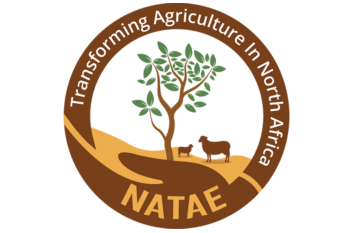
Fostering Agro-ecological transition in North Africa through multi-actors design, evaluation and networking
December 2022 - November 2026
NATAE
https://www.natae-agroecology.eu
Agroecology is considered as a possible answer to the current and future food security challenges, however agroecological transition initially requires the dissemination of agroecological practices and principles at farm level and eventually the whole food system. North Africa relies heavily on imported food and is most vulnerable in terms of food security and the adoption of agroecological practices is expected to improve food system performance and increase resilience to climate change.
The NATAE project will establish 6 living labs in North Africa (in Mauritania, Morocco, Algeria, Tunisia and Egypt) concerning variable farming systems, in order to foster the adoption of science-based, locally adapted, and co-designed AE strategies in North Africa by creating a comprehensive and quantitative baseline on AE, providing shared understanding, multi-dimensional performance measures, and analyses of AE's potential to meet consumer demand in the marketplace.
To realize this objective, NATAE will establish and inform a unique multi-stakeholder knowledge-sharing and capacity-building community on EI in the Mediterranean. An original multidimensional and multiscale assessment model, integrating currently neglected factors and a transferable methodological guide will be designed. An integrated modeling approach combining a chain of biophysical and bioeconomic household/regional indicators will be used to develop a unique integrated food and agricultural systems assessment to evaluate the resilience of EAP-based food and agricultural systems. Participatory approaches via living labs will be developed to develop, test and capitalize on alternative public policies and to foster the transition to AE in North Africa.
A collective incorporating dissemination activities will test, advance and communicate a range of existing farm-to-fork EI innovations, including value chain innovations and food system governance innovations, by advancing their respective levels of maturity.

